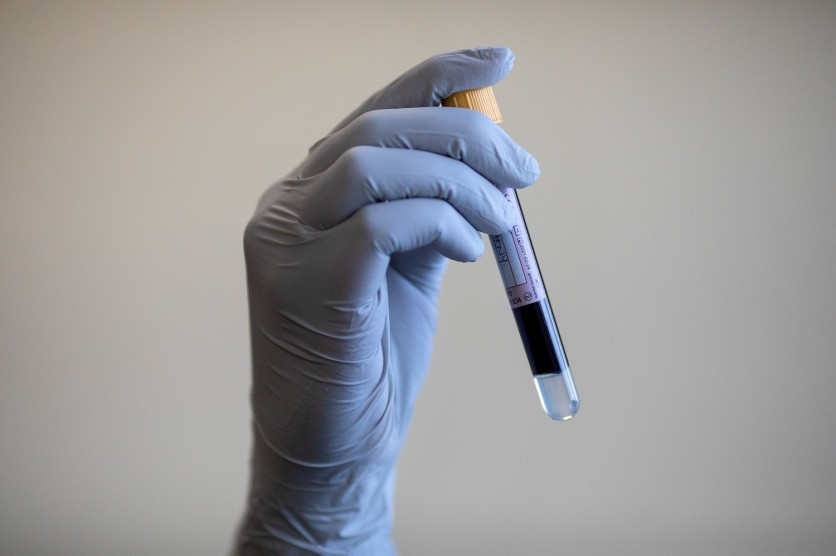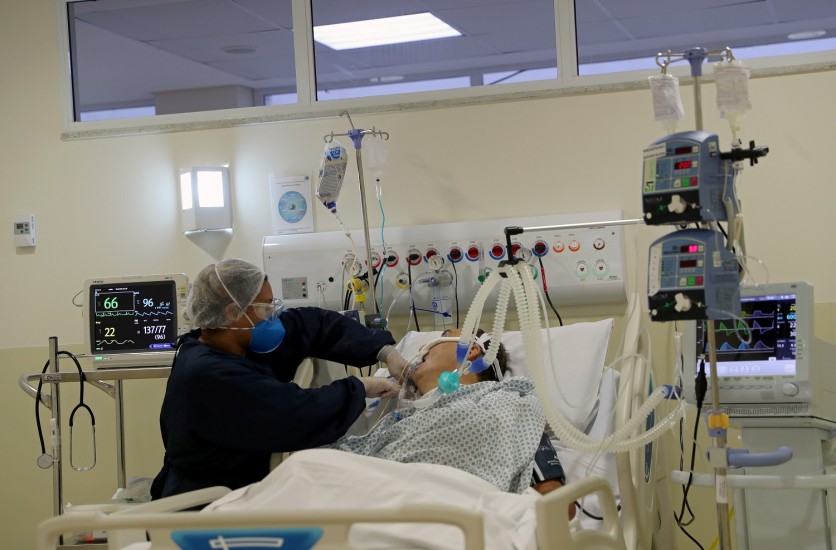A European study found genetic variations and a link to blood type that may show who may be severely affected by COVID-19, and even die of the disease.
The study was published on June 17 in the New England Journal of Medicine. It was first released as a pre-print last month. According to CNN, the study offers possible explanations why some people become more seriously ill with COVID-19 while others don't even show symptoms.

Scientists find a probable cause of severe COVID-19: Genetics
The study results showed that people with Type A blood have a higher risk of getting a severe case of COVID-19, while those with Type O blood have a lower risk.
"Our genetic data confirm that blood group O is associated with a risk of acquiring COVID-19 that was lower than that in non-O blood groups, whereas blood group A was associated with a higher risk than non-A blood groups," the researchers wrote. This somehow confirmed preprints of other non-genetic studies showing the susceptibility of ABO blood type groups for COVID-19.
Compared with other blood types, Type A blood shows a 45% higher risk of acquiring the virus while Type O blood just has a 65% risk of getting infected.

This new report confirmed a previous study from China showing the blood type link to coronavirus. "Most of us discounted it because it was a very crude study," said Dr. Parameswar Hari, a blood specialist at the Medical College of Wisconsin to CBS News. After the study came out, Hari said he now believes the Chinese study as "it could be very important."
Coronavirus link with blood types
The molecular medicine professor at the University of Kiel in Germany, Andre Franke, led the research that compared more than 1,900 severely ill coronavirus patients in Spain and Italy with 2,300 healthy people. Using a genome-wide association study, they trawled through the entire genetic map of these volunteers to find two DNA variations that were more common among the sickest patients.
The researchers found "a novel susceptibility locus at a chromosome 3p21.31 gene cluster" that confirmed a potential connection of the ABO blood-group system with the coronavirus. Also, the two places in the genome were associated with respiratory failure risk.
While the study cannot confirm if blood type directly causes the risk differences, the genetic changes that affect someone's risk also just happen to be linked with blood type.
Meanwhile, these genetic variations could be associated with how the immune system responds. An overwhelming overreaction of the immune system called a cytokine storm, which triggered the deadliest effect of coronavirus.
Dr. Eric Topol, head of the Scripps Research Translational Institute in San Diego, said that the evidence of the blood type link is "tentative" and insufficient proof.
However, Medical College of Wisconsin Department of Medicine Chief Dr. Roy Silverstein said the blood type link is possible since the genes that induce blood type also affect the sugars on the cell surfaces. This could influence how the virus infects the cells. Also, severe coronavirus infections result in unusual blood clotting throughout the body, which is linked to blood type.
However, as a hematologist, Silverstein said the findings mean very little for the average person, but the risk may sound large over a whole population.
"The risk reduction may be statistically significant, but it is a small change in actual risk. You never would tell somebody who was Type O that they were at a smaller risk of infection," he told CNN.
Overall, researchers wrote in their report that these findings may be useful in creating drugs or vaccines against the coronavirus.




